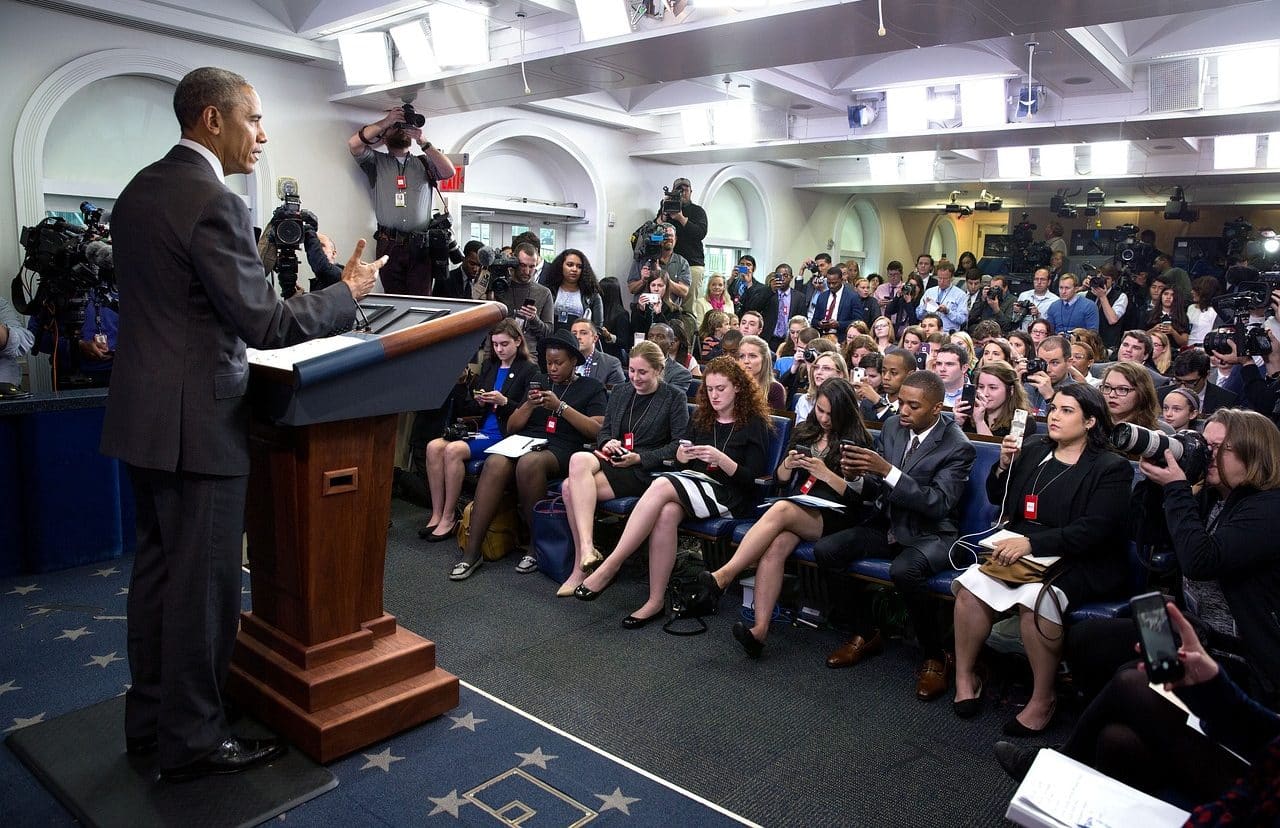
There are shows that are massive events.
Event is a term that comes from the Latin eventus and, according to the dictionary of the Royal Spanish Academy (RAE) , it has three main uses. In several Latin American countries , an event is an important event that is scheduled . This event can be social, artistic or sporting.
This use of the concept contradicts, in a certain way, with the meaning of an event that refers to something unforeseen or that can happen even if there is no certainty about it. An eventuality is something that escapes the limits of what was planned; An event like those mentioned above, on the other hand, must be scheduled in advance.
The third use of the term encompasses both meanings: an event is an occurrence , a thing that happens. From this perspective, the event can be planned ( "Everything has to be ready for tomorrow's event" ) or appear unexpectedly ( "An event came up and I couldn't attend the meeting" ).
Event types
It can be differentiated, therefore, between two large types of events. A planned event is one whose organization is planned in advance.
For example: "Tonight's event will pit the two best teams in the tournament against each other," "Three events will be held at the Law School next month," "The Rolling Stones concert has been the most popular event of the year." , «There are no more tickets for Friday's poetry event» .
Such planning requires certain coordination tasks between those responsible for carrying out the event. From a music festival to a press conference, from an industrial fair to a scientific symposium , many events must be planned.
Even at a personal or family level you can plan events. A birthday celebration, anniversary party, and wedding require weeks or months of planning.
An unforeseen event , on the other hand, arises in an improvised or unanticipated manner. A family reunion can occur spontaneously when two siblings coincidentally meet at their parents' house, to mention one case.

A press conference is an informational event.
An observable phenomenon
For science , an event is a phenomenon (an observable fact at a given time) or an event that occurs at a given position and time (therefore it can be specified as a point in space-time ).
In mathematics , the subset of a sample space is known as a statistical event . These are the possible results that can be obtained from a randomized experiment .
Computer event
For computing , an event is an action that is detected by a program ; This, in turn, can make use of it or ignore it. Generally, an application has one or more threads of execution dedicated to handling the different events that are presented to it. Among the most common sources of events are user actions with the keyboard or mouse. It is worth mentioning that any program has the power to trigger its own events, such as communicating to the system that it has completed a particular function.
An event-driven program is one that changes its behavior in response to events that occur during its execution. These are generally used when there are a series of activities external to the computer that must be recorded, which are carried out asynchronously to the life of the application. The event is, first of all, detected by the system; The program in question will only receive it when it is ready, and then it will analyze it and see if it has any use for it.

A charity gala to raise funds for a hospital is a charity event.
The concept in video games
In video games, there is a series of actions that take place independently of the player's intervention, which are combined with the events triggered by the latter to complete the experience. In the legendary "Tetris" , for example, the pieces fall through the center of the game space until the user presses one of the directional keys to change their direction. In addition, it is possible to rotate them, depending on the version, in one direction or another. Simply put, the flow of the game does not depend on events, but events affect the outcome.
With respect to the design of the code of a program that accepts events, it is important to keep in mind that it will not always be possible to react to the event at the exact moment of its appearance; For this reason, you can register it and decide if it will be used later. An example, again in the realm of gaming: the main character is falling from a platform and the player presses the jump button; The developers can decide to save this data to make the hero jump once he hits the ground, or discard the event due to lack of consistency with the situation.
Examples of events
Taking into account the most common sense of the notion, it is possible to list multiple examples of events.
Suppose a group of comic fans organizes a convention : this meeting is an event. Events are also promoted by the museum, which presents an exhibition of paintings , and by the professional association, which invites a conference .
Nowadays there are also digital events . A live streaming , a webinar , a virtual workshop and an online course are some examples.
A round table , a political event , the opening of a business premises , a fashion show , a graduation ceremony and a theme party are other examples of events.
In some cases, considering whether an event is an event or not is more difficult to determine. A film screening can be a special event or part of the daily activities of a theater. Something similar happens with a theater performance , which can integrate a regular program or be a specific or extraordinary proposal.
